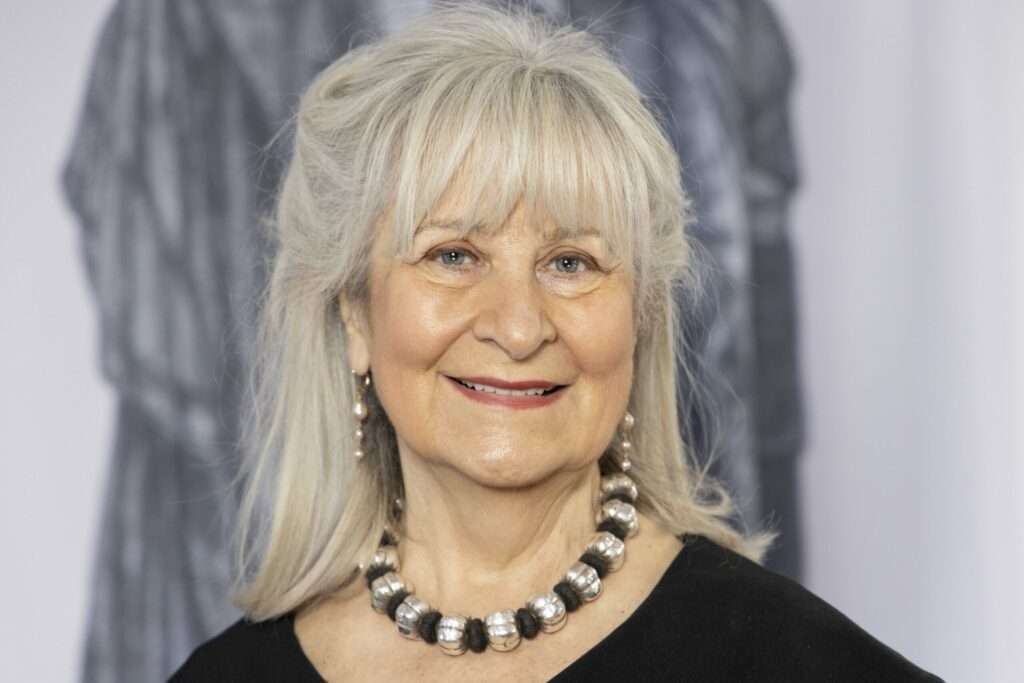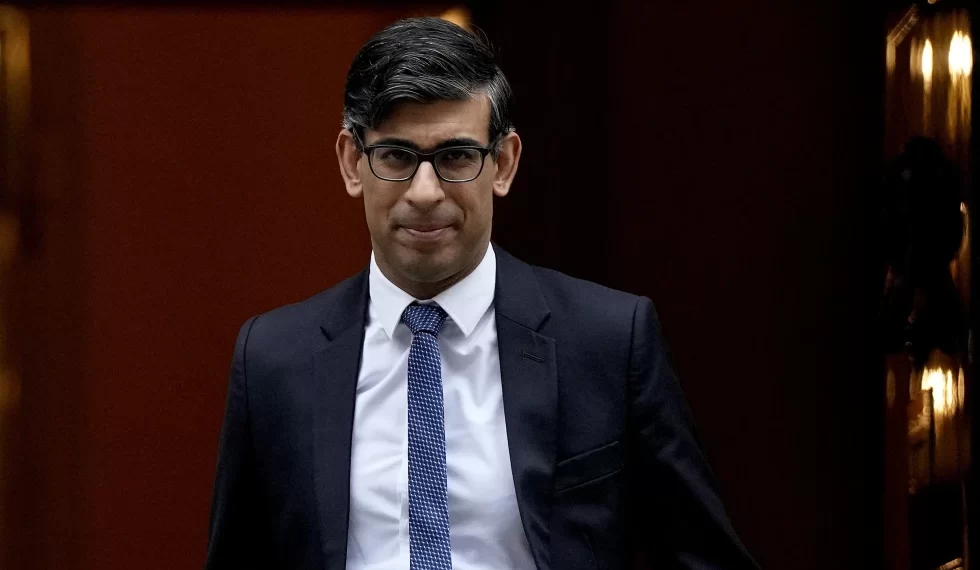According to a report, Rishi Sunak’s track record in appointing women from his party to the House of Lords has been revealed as the poorest among prime ministers since John Major.
Female Conservative peers constituted only 17% of those recommended by Sunak, as per analysis by the campaign group Unlock Democracy.
The report highlighted that during Sunak’s tenure, out of 23 new Tory peers created, only four were women.
While Sunak inherited lists of peerages suggested by his predecessors Liz Truss and Boris Johnson, he has also made several ad hoc appointments of his own. Among these appointments, only two out of 13, or 15%, are women.
Sunak’s record on appointing women to the House of Lords falls behind previous prime ministers. While just 17% of his Tory peers were female, Liz Truss appointed 37.5%, Boris Johnson 20.9%, Theresa May 46.2%, and David Cameron 30%.
Under Labour, Gordon Brown appointed 18% women, with half of his resignation peerages going to women, while Tony Blair’s appointments were around 24% female.
Currently, women make up 29% of the House of Lords, compared to 35% in the House of Commons.
A recent report by Unlock Democracy, released on International Women’s Day, sheds light on the gender disparity in the UK’s House of Lords.
If every woman who had ever been appointed as a peer were still alive and serving today, they would be greatly outnumbered by men, nearly two to one.
Although there has been progress in female representation in the Lords since 1960, when it was a mere 0.6%, the pace of change has slowed in recent years. Since 2020, the number of women peers increased by just 1%.
An analysis revealed that in the 16 months following Rishi Sunak’s assumption of office, only 27% of all peerage appointments, across party lines and crossbenchers, were given to women.
This marked the lowest proportion since Tony Blair’s premiership, during which women made up only 23.5% of peerage appointments.
The trend in the proportion of female appointments has been downward since peaking with Theresa May, under whose premiership 39.5% of peerages went to women.
Unlock Democracy said the simplest, and quickest way to redress the balance would be for the prime minister only to appoint female peers – except in exceptional circumstances – until the House reaches 50/50.
Sunak’s Can Change The Narrative

Helena Kennedy KC, the President of Unlock Democracy and a Labour member of the House of Lords, stated “Not one of the 14 prime ministers able to do so has nominated more women than men for peerages. As this new report shows, even in the best decade, nearly twice as many men were being appointed as women.”
Kennedy stressed the significance of this imbalance, not only for the credibility of the House of Lords but also for the quality of decision-making. She highlighted that crucial perspectives are absent from discussions because the Lords’ has failed to tap into the full talent pool available for nearly seven decades.
Reflecting on her advocacy for the House of Lords Act of 1999, which aimed to address gender disparities in peerage appointments, Kennedy acknowledged the progress made but noted a slowdown in recent years.
She said “Fortunately, the Prime Minister has it in his power, at the stroke of a pen, to do something about this. I would urge Mr Sunak to take this simple step and mark International Women’s Day with a promise to appoint only female peers from now on.”
The inclusion of women in the House of Lords began in 1958 with the enactment of the Life Peerages Act.
Before this milestone, the seats were exclusively hereditary, inherited through the male line. Analyzing parliamentary data, it becomes evident that out of the 1,584 life peers appointed since then, only 348 have been women.
This starkly highlights a ratio of over four men for every woman in life peerage appointments.
READ ALSO: Microsoft Hacked Again



















